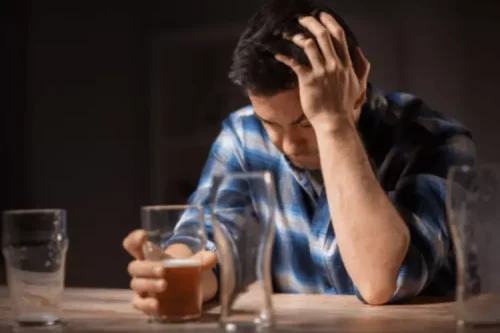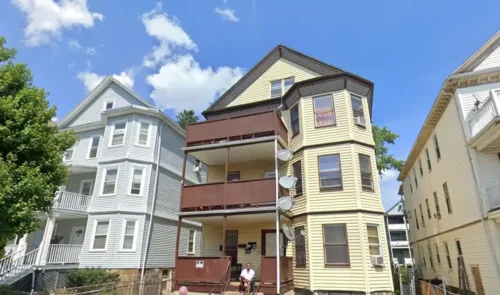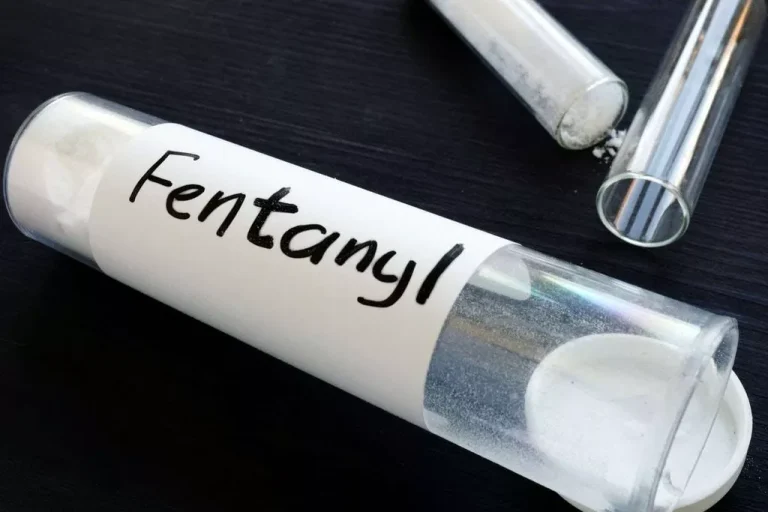
The longer someone neglects self-care, the more that inner tension builds to the point of discomfort and discontent. Cognitive resistance weakens and a source of escape takes on appeal. This stage is characterized by a tug of war between past habits and the desire to change. Thinking about and romanticizing past drug use, hanging out with old friends, lying, and thoughts about relapse are danger signs. Individuals may be bargaining with themselves about when to use, imagining that they can do so in a controlled way.
- Feeling alone or like you’re struggling by yourself can be extremely discouraging.
- National Institute of Drug Abuse (NIDA), in 2017, an estimated 20.7 million people (aged 12 and older) needed treatment for a SUD.
Get Professional Addiction Recovery Help
In the chemotherapy with radical cystectomy group, event-free survival was 59.8% and overall survival was 75.2%. Treatment-related adverse events were also the same in both groups (41%). Give yourself credit for each small gain you make — one week sober, one month off drugs, what to do after a relapse etc. For each goal you achieve, give yourself a reward as motivation to keep moving forward. For instance, book yourself a relaxing massage or buy yourself something you’ve had your eye on. Have someone on call for weak moments when you might slip back into your old habits.
Seek Further Treatment & Support
Removing the stigma, shame, and ego from a relapse can help you understand your needs and move forward in recovery. A mental relapse is where we are conflicted between wanting to use and wanting to continue with our https://ecosoberhouse.com/ new way of life. We think about the old days, minimize the damage that the substances caused in our lives, and hang out with old friends. We may start telling ourselves that we can use substances again successfully.
- Reconnecting with supportive individuals following a relapse can be a critical step in the recovery journey.
- For people trying to control their behavior rather than trying to quit entirely, a relapse happens when the individual had gotten control over the behavior but is re-experiencing a period of uncontrolled behavior.
- While this is true, much more goes into a relapse than just drinking or using substances again.
- Remember, if you are trying to quit, you should plan for and try to avoid relapse.
- One such neurotransmitter, dopamine, reinforces the connection between drug use, pleasure, and any external triggers that remind the user of the substance.
Comprehending Relapse in Addiction Recovery

Counterproductive, and, if they are allowed to fester because you have not made the necessary changes, they will not allow you to get successfully back on track, think of it this way. Relapse is part of the learning process of determining what will work for your particular situation. Addiction recoveries do not all follow the same clinical pattern, as a person’s circumstances, history, genetics, and so on, are always different.
Cocaine Relapse: Warning Signs and Solutions
- Some people attend support groups for their entire lives and find happiness in supporting others trying to overcome addiction.
- However, the high number of people going through the addiction recovery process has never been successfully dealt with.
- Including others in a relapse prevention plan can help the plan succeed.
- Therapists and counselors are acutely aware of relapse’s effects on the body and mind.
It serves various functions, from managing withdrawal symptoms to maintaining long-term sobriety. Mindfulness techniques also play a significant role in managing post-relapse emotions. Mindfulness encourages individuals to stay present and aware of their feelings without judgment, which can reduce the intensity of negative emotions and prevent impulsive behaviors. Incorporating mindfulness into daily routines can foster a sense of calm and increase resilience against stress, a common trigger for relapse. Understanding the warning signs of an emotional relapse, such as bottling up emotions or neglecting self-care, is crucial for prevention. Individuals can take proactive steps to maintain their recovery by recognizing these early indicators.


Using drugs or alcohol can seem like the easiest way to feel happy or normal. Loneliness and a lack of social support can also make alcohol or drug use more appealing. The best way to prevent relapse is to practice coping behaviors consistently, build a support system and avoid risk factors. Individuals who cut back on support group meetings, stop practicing coping behaviors and begin to think they can control their drinking or drug use increase their chances of relapse.
Learn From the Experience
Recovery from drug and alcohol addiction can be a long and challenging process. Support groups and 12-step programs like Alcoholics Anonymous (AA) and Narcotics Anonymous (NA) can also be very helpful in preventing relapses. Focus on how much better your life will be once you stop using drugs or alcohol for good. Think about what’s driving you to quit, such as rebuilding damaged relationships, keeping a job, or getting healthy again. Certain people, places, and situations can drive you back into drinking or using drugs again. People must also recognize that it’s okay to feel occasional cravings.
Understanding the Distinction Between a Slip and a Relapse in Recovery
In the case of addiction, brains have been changed by behavior, and changing them back is not quick. Research shows that those who forgive themselves for backsliding into old behavior perform better in the future. Getting back on track quickly after a lapse is the real measure of success. Creating a rewarding life that is built around personally meaningful goals and activities, and not around substance use, is essential. Recovery is an opportunity for creating a life that is more fulfilling than what came before. Attention should focus on renewing old interests or developing new interests, changing negative thinking patterns, and developing new routines and friendship groups that were not linked to substance use.

A deep period of reflection will be a satisfying and liberating stage of your recovery. It is common for people who are in recovery following cocaine addiction and dependency to experience several triggers and cravings that can lead to a return to cocaine use. This often happens in stages and can be preceded by many warning signs. This guide provides information on preventing and managing cocaine relapse. Healthcare providers play a crucial role by offering therapy, relapse prevention plans, and resources like support groups.
